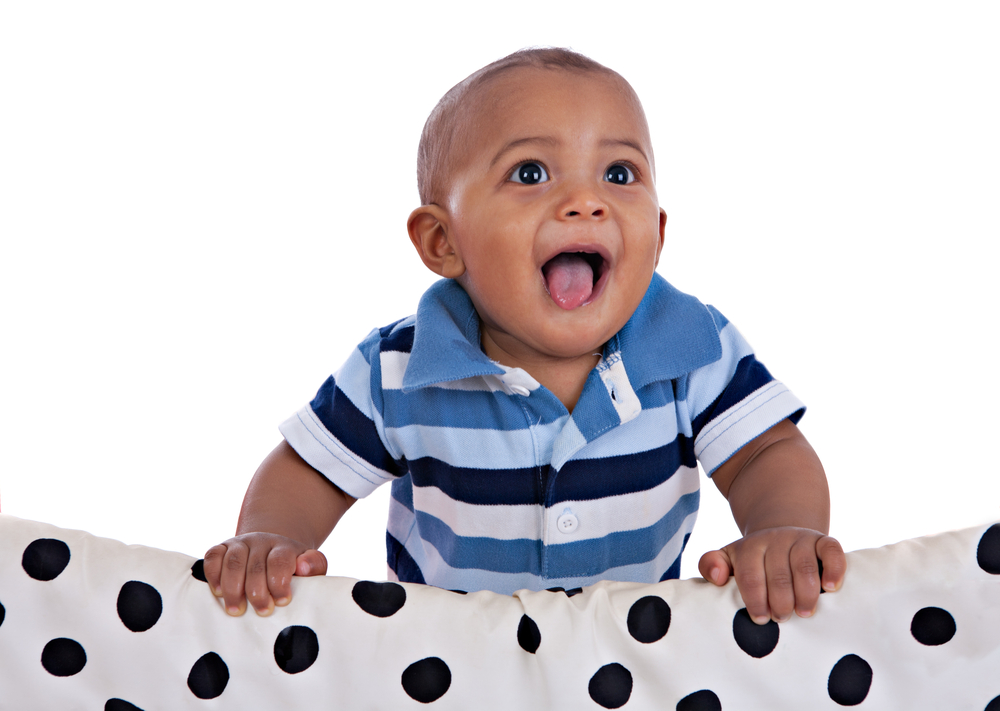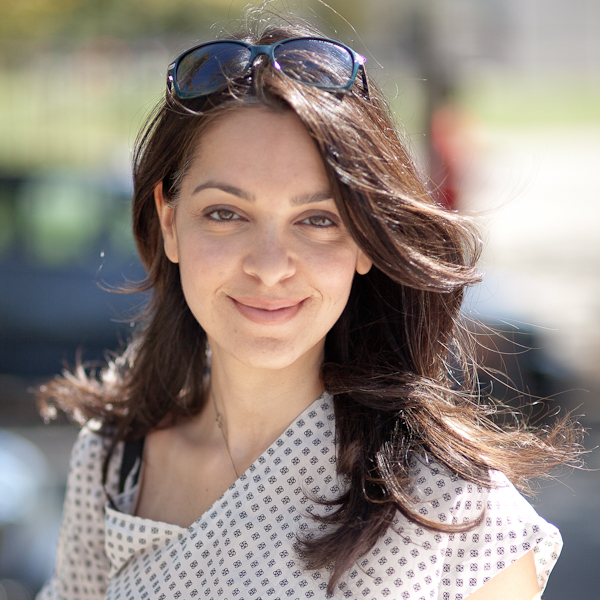Baby Brains are Wired For Math

Next time someone complains about arithmetic being hard, math lovers can defend themselves by saying "even a six-month-old can do it."
Through monitoring the brains of infants, researchers confirmed that infants as early as six months in age can detect mathematical errors, putting to rest a debate that has been ongoing for over a decade.
A team of scientists from the United States and Israel exposed 24 infants to a videotaped puppet show. They used the puppets for addition and subtraction while observing the reaction of the babies.
For example, they started the show with two dolls. Before the show ended, a doll was removed and then the infant's vision was blocked with a screen. When the screen was taken away, either one doll was left, as expected, or two dolls, which would not be mathematically correct.
The infants looked at the screen longer (8.04 seconds) when the number of dolls was two, which did not agree with the solution of 2 – 1 = 1.
On average, they gazed at the screen for 6.94 seconds when the correct number of dolls was on the screen.
During the tests, the babies wore a special head net containing 128 sensors that monitored their brain activity. Analysis illustrated that babies have similar brain activity to that of adults when served with correct and incorrect mathematical solutions.
Sign up for the Live Science daily newsletter now
Get the world’s most fascinating discoveries delivered straight to your inbox.
This shows that the same anatomy exists in infants as in adults, said Michael Posner, a professor of psychology at the University of Oregon. The finding, detailed in the Aug. 15 issue of the Proceedings of the National Academy of Sciences, goes against the idea that basic changes in brain anatomy occur between infancy and adulthood.
“A bigger consequence for us is that the origin of the executive attention system must go back to infancy.” Previous research indicated that this system, related to decision-making and task switching, does not develop until a child is 2.5 years of age.
Other research has shown that math skills develop early. One study showed that babies have the ability to recognize and match numbers. When they heard two voices, the gazed at an image with two faces. And when they heard three voices, they looked at an image with three faces. Another study illustrated that five-year-olds can perform relatively complex math operations such as figuring out if the sum of two numbers is greater than or less than a third number.











